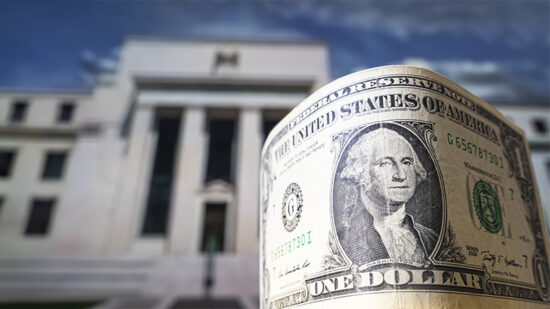Credit ratings agency Standard & Poor’s affirmed the gulf state’s strong rating, explaining that Abu Dhabi’s economy will “remain resilient” due to fiscal reserves well above 100% of gross domestic product (GDP).
“Despite the recent decline in oil prices, Abu Dhabi maintains one of the highest GDP per capita levels in the world, and its very strong net government asset position, mostly in foreign currency, makes the emirate’s economy resilient to shocks in the commodity market,” said the agency.
However, despite the stable outlook, S&P said the ratings could suffer in the future from “continued structural and institutional weaknesses” in the emirate.
“The ratings are constrained by our assessment that the emirate has less-developed political institutions than non-regional peers in the same rating category,” it added.
Another concern is Abu Dhabi’s limited monetary policy flexibility – the UAE’s dirham is currently pegged to the US dollar – as well as “gaps and delays” in the provision of economic and fiscal data.
“The underdeveloped local currency domestic bond market also weigh on the ratings,” said S&P.
Oil price slump
On Monday morning, oil prices saw a boost after reports of renewed talks by some members of the Organization of the Petroleum Exporting Countries (Opec) to restrain output.
Since 2014, global crude oil prices have fallen sharply, reaching rock-bottom levels in January last year when it dipped below $50 (£38.2, €45) a barrel.
As a result, oil-rich exporting nations such as Saudi Arabia, the UAE and the US have experienced significant revenue shortfalls and slowdown in economic growth.
Latest figures from the first quarter of the year show that Saudi Arabia’s economy expanded at its slowest rate since 2013.
Last week, local media reports suggest that the Kingdom’s government is considering imposing cap on remittances sent home by expat workers in a bid to stem the flow of money leaving the state.
In June, the Saudi government unveiled its National Transformation Plan, which sets out how the country plans to increase non-oil revenue over the next five years, while slashing government spending.
Meanwhile, according to S&P, Abu Dhabi’s nominal GDP fell by about 14% in 2015 due to the sharp drop in oil prices.
In 2015, Abu Dhabi derived about 50% of its real GDP and 80% of government revenues from the hydrocarbons sector: oil taxes and royalties, plus dividends from state-owned oil producer Abu Dhabi National Oil Co (Adnoc).
Sister state Dubai has also racked up debts of around 140% of gross domestic product and faces loan and bond repayments of $22bn through 2018.
Although this year’s slowdown has not reached the crisis-levels of the 2008 recession, between September 2015 and March 2016, 237 small business owners left the UAE as increasingly late invoices forced firms to miss their debt repayments, according to Coface, a credit insurance firm that monitors the trade credit of 20,000 UAE companies.








